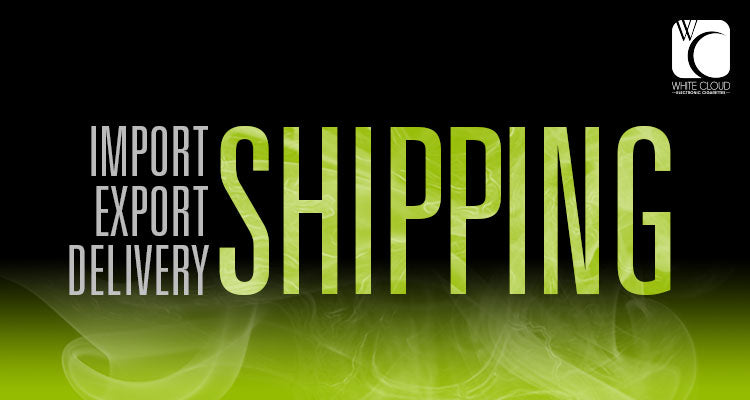When it comes to the FDA’s regulation of vaping products, there have been concerns with how the rules affect the importing and exporting of products in and out of the US. With the history of the FDA’s involvement in the vaping industry dating back to when the organization had no legal authority over vaping products, it’s no wonder why vape shop owners and e-cig retailers are concerned.
How Do Vaping Regulations Affect Shipping?
Back in 2009, before having any authority over vaping products, the FDA began seizing e-cig shipments based on the claim that they had grounds to seize products for incorrect labeling. This infringement launched a massive lawsuit against the FDA from two major e-cig companies. In a court hearing, the judge ruled in favor of the vape companies and the FDA was told to cease seizing shipments; however, some e-cig companies claimed the FDA continued to seize e-cig shipments against the judge ruling, which resulted in another lawsuit. The second lawsuit was dropped when the FDA finally ceased seizing e-cig shipments and announced its intention to pursue authority over vaping products.
So how do the FDA’s rules affect the shipping of vaping products today? That’s a good question. We received a few questions about this during our DeMISTified webinar series. You can find these questions below with answers from industry experts.
Can vapor products still be shipped to customers?
Yes, as long as there is a warning label on the outside of the package starting May 10, 2018; however, state regulations may have different requirements, such as age-verification and signature at the time of delivery as seen in California. Another example of state laws affecting the shipping of e-cig products comes out of Utah.
As of July 2016, the shipping of vape products into Utah is no longer permitted due to legislation that banned online e-cig sales. Other state laws are imposing tax hikes on vapor products, so be sure to keep up with proposed legislation in your state with CASAA’s Calls to Action page and do what you can to oppose unfair regulations.
If we're a US-based manufacturer selling a product line for export, would the product line that is being exported be subject to the regulations?
Yes, manufacturers based in the US can export their vapor products overseas; however, they are required to follow the same processes as FDA-regulated products in the US. The FDA does require vape companies to maintain detailed records of the products you are exporting and must meet the following qualifications:
- Meets with the foreign purchaser’s specifications.
- Does not conflict with the laws of the foreign country.
- Is labeled on the outside of the shipping package that is intended for export.
- Is not sold or offered for sale in the United States.
The exporter can also keep documentation, such as letters from the foreign government or notarized certifications from a US official, stating that the product does not have any issues being imported into the foreign country.
Can items still be imported from overseas?
Yes, vapor products can still be imported from overseas as long as they have the correct nicotine warning label on the packaging. According to the FDA, “Importers who import finished tobacco products for sale or distribution in the U.S. are considered tobacco product manufacturers” and must follow the deeming rules before distribution to consumers.
Some of these requirements include:- Reporting ingredients, and harmful and potentially harmful constituents;
- Submitting an application for premarket review and receiving authorization from FDA before marketing new tobacco products;
- Complying with health warning requirements on product packages and advertisements; and
- Not selling modified risk tobacco products (including those described as “light,” “low,” or “mild”) unless authorized by FDA.






